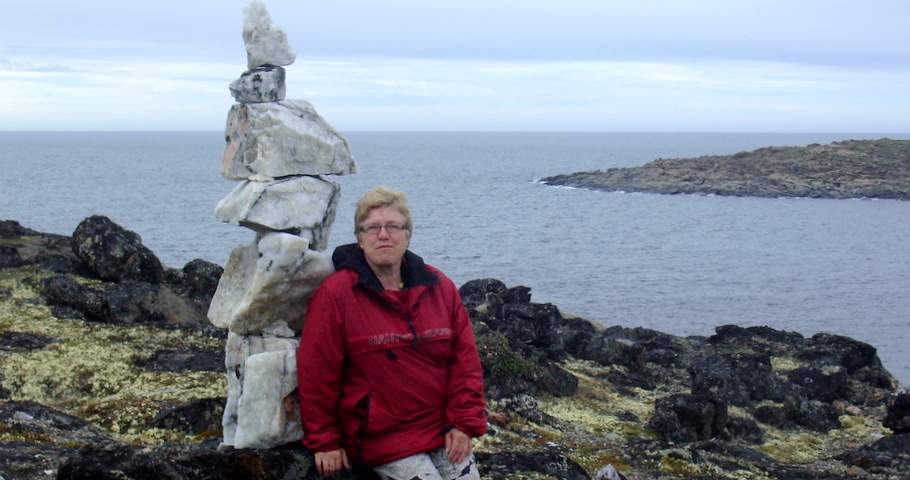In 1997, the Human Rights and Youth Commission, alerted by the lack of services available to children in need of protection, concluded a five-year-long investigation by pointing out that overcrowded housing in Nunavik posed a very serious threat to the development and well-being of children. This issue, the lack of housing in Nunavik, has been dragging on for years.
The present situation looks the same
Ten years later, between 2007 and 2010, the situation is similar. There, families and social workers are struggling with the placement of children because available families are often far away from the communities. As Nunavik is a gigantic territory, these communities are often thousands of kilometres apart.Resources are insufficient
Practitioners in the field do a lot and as much as they can, despite the near-absence of training and often inadequate supervision to deal with mental health clients with multiple problems. They are often overwhelmed by the problems they face. Clearly, resources are insufficient to respond to the demographic explosion in Nunavik, coupled with the severity of the social problems there.Up to now, funding models offered virtually no money for prevention – through measures such as family counselling – but did provide funds and resources if children were put into care.
After my departure in 2010, I remembered unforgettable encounters with the Inuit, but also I left with a painful feeling of leaving behind uprooted children and families in distress.
In 2013, we learned that Ottawa had intentionally created a housing shortage that has only worsened over time. By ceasing to invest for six years despite a resumption of investments in 2000 under Jean Chrétien, the shortage increased from 628 units in 2003 to about 1030 homes that are currently lacking.
In 2015, the number of Inuit living in overcrowded conditions was estimated at 53%, such as twenty people living in a five-bedroom apartment. Today, this proportion is 63%.
The mental health of Inuit children
The mental health of Inuit children has followed the same downward spiral. The situation also affects the mental health of adult Inuit. "The house is supposed to be a haven of peace. But for decades, people no longer feel that way. Overcrowding is leading to an upsurge in violence and suicides. A mediator, Dominique F. Bourcheix, severely judges the federal government, which lets the housing crisis worsen.There is also a new phenomenon known as invisible homelessness, especially among women and children, who are homeless when a major incident in their home forces them to sleep in a dwelling one night and then in another the next day for fear of being apprehended by the Youth protection services. The social workers who work there continue to say the same thing. Nothing substantive is resolved in the lives of Inuit children if governments, in accordance with their obligations under the James Bay and Northern Quebec Agreement, do not meet the pressing housing needs of these northern communities.
Residential overcrowding has a significant impact on children
The scientific literature has already taught us over the past 15 years or so that residential overcrowding has had a significant impact on the development and well-being of children. Inuit families live in a toxic residential environment. Housing is too small, overcrowded and does not meet the demands of a sedentary life. Their physical and mental health is seriously affected. The resurgence of infections, including recurrent ear infections and chronic lung diseases, has even wreaked havoc.In terms of psychological well-being, children living in these overcrowded conditions are more likely to have distress symptoms and problems with behaviour control and learning in school. Toddlers living in cramped housing conditions do not perform as well on cognitive development tests.
Evidently and according to available research, these delays can be explained by the fact that parents tend to have less incentive to stimulate their young children in an overcrowded environment, probably to avoid constant invasions.
With all that has been happening lately, it is obvious that the government has the power to make this happen, but as in the past, does it have the political will?








No comments:
Post a Comment